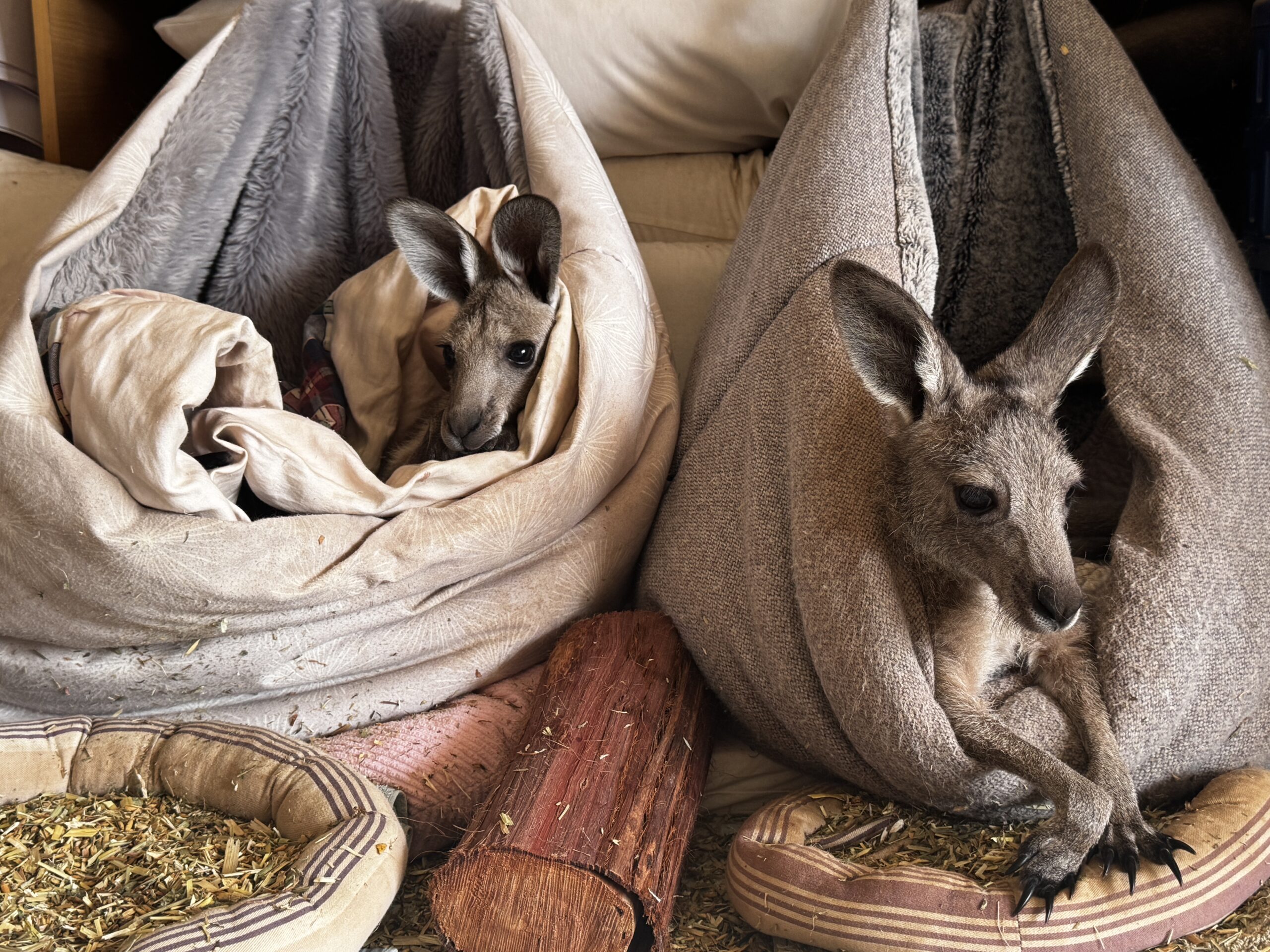When disaster strikes, wildlife rescue is rarely quick or simple. It is a slow, meticulous act of care that often begins with a single phone call from a worried member of the public, or a sighting by a search team moving through burned country. During the ongoing bushfires in Victoria, Humane World for Animals teams have been...
For many years Humane Society International has been concerned about the Federal Government’s policy to hand over approval powers on environmental decisions to State and Territory Governments, believing strongly that the Federal Government is the most appropriate decision maker on matters of national environmental significance – our most threatened species. In 2013, when the Coalition formed Government, this program was given renewed energy and dubbed ‘One Stop Shops’, after it had been quietly shelved by the former Labor Government. These so called ‘One Stop Shops’ aim to reduce duplication whilst maintaining high environmental standards, but HSI has never been convinced, firstly as we do not consider State legislation to be up to the standard of federal legislation and secondly we do not consider it appropriate for the Commonwealth to hand over their decision making responsibilities on the nation’s most threatened species on which State Governments have inherent conflicts.
These concerns led HSI to submit a simple Freedom of Information request in early 2015 that led to a three year legal fight and an important victory for HSI and our lawyers Environmental Defenders Office (EDO NSW) that has blown apart the Federal Government’s mantra of maintaining high environmental standards. Previously secret documents obtained as a result of HSI’s win show that if Government plans for a ‘One Stop Shop’ project approval process go ahead, NSW (and other States) would be empowered to make critical decisions for Australia’s most threatened species that would result in weaker protection, further threatening these species at a time when they are already experiencing remorseless and unrelenting assaults. This is despite repeated Government assurances since 2013 that this would not be the case.
The documents obtained reveal the Federal Government secretly advised the Government of NSW that its Biodiversity Offsets Policy did not meet national environmental standards. Despite this, the Federal Government went on to accredit the NSW policy allowing it to be used when approving developments impacting nationally threatened species found in NSW. HSI had argued that the public has a right to know why the Australian Government decided, despite evidence to the contrary, that the NSW Biodiversity Offsets Policy for Major Projects (NSW Policy) meets national environmental standards. The NSW Policy determines the offset conditions on which major projects can undertake broadscale land clearing. Despite repeated knock backs and efforts by the Federal Government to maintain its secrecy, HSI took our case all the way to the Administrative Appeals Tribunal, before agreeing not to proceed to a hearing after more than 60 documents were released.

Biodiversity offsets allow developers such as mining companies to buy or manage land elsewhere, or pay money into a fund, to compensate for the clearing of forests and areas containing threatened plants and animals.
But this is a hollow victory for our environment, as whilst we hope release of these documents will help put a stop to the handing over of key decision making powers, the reality is that the NSW Policy has already been accredited by the Federal Government under the assessment bilateral agreement, in full knowledge that it is not up to federal standards. Biodiversity offsets allow developers such as mining companies to buy or manage land elsewhere, or pay money into a fund, to compensate for the clearing of forests and areas containing threatened plants and animals. HSI has long been of the view that biodiversity offsets are all about facilitating development and very little to do with protecting biodiversity. These documents reinforce that view. There are a large number of projects in NSW both recently approved and currently being assessed that will continue to rely on the NSW Policy to justify their proposed land clearing. It is questionable whether any of these projects meet the EPBC Act standards for protecting nationally listed threatened plants and animals. This is extremely worrying for those species who rely on the higher levels of protection against such developments afforded to them under federal legislation and further ammunition for our now justified concerns when it comes to the proposed development of approval bilateral agreements. We will therefore continue to oppose the handover of approval powers to any State or Territory Government.
Of further concern is the fact that the NSW Government is now seeking to have its new Biodiversity Assessment Method (BAM) accredited under the same process. Documents show that the Federal Department already consider the NSW Policy to be deficient. In its review of the draft BAM and associated legislation, EDO NSW identified that the new system has even further weakened biodiversity protection in NSW[1]. HSI is therefore calling on the Federal Environment Minister not to accredit the latest NSW biodiversity offsets policy (the BAM) as this will make the current unsatisfactory situation even worse.
This important case clearly shows that HSI will not be deterred. We will continue to hold Government to account for its decisions and for increased transparency in decision making. These are essential elements in the fight for our most threatened species and key parts of our campaign and rationale behind the need for better environment laws to ensure that legal actions such as this will not be needed in the future. Please help us by signing the letter below and let the politicians know that it is time for new laws, before it really is too late.
[1] Technical submission on the Biodiversity Assessment Method and Mapping Method prepared by EDO NSW June 2016


